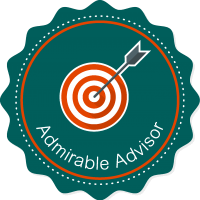The education sector demands dynamic, tech-savvy, and future-proof educators. Upskilling isn’t a one-size-fits-all approach, so let’s explore specific strategies for:
Technology Integration:
- Micro-credentials: Focus on specific tech tools (e.g., online collaborative platforms, VR in education) through bite-sized online courses.
- Peer Coaching: Establish tech “champion” educators who share best practices and support colleagues.
- Hackathons: Organize creative problem-solving sessions for educators to brainstorm innovative tech-driven solutions.
Skills Development:
- Project-Based Learning: Design projects that integrate critical thinking, creativity, and collaboration skills across disciplines.
- Social-Emotional Learning (SEL): Provide ongoing training on SEL strategies to foster student well-being and social awareness.
- Interdisciplinary Collaboration: Partner with artists, scientists, entrepreneurs to infuse diverse perspectives and real-world applications into lessons.
Future-proofing Educators:
- MOOCs: Offer Massive Open Online Courses on emerging fields like AI or data science, accessible to all educators.
- Mentorship Programs: Connect experienced educators with new teachers to share knowledge and navigate changes.
- Future of Education Conferences: Expose educators to innovative trends and connect them with experts in areas like personalized learning or adaptive algorithms.
Addressing Challenges:
- Time: Offer blended learning options like online modules and micro-credentials for flexible, self-paced learning.
- Resources: Advocate for increased funding for professional development programs and technology infrastructure.
- Recognition: Develop reward systems that acknowledge and incentivize educators who actively upskill.
Remember: Upskilling is a continuous journey, not a destination. By providing targeted support, fostering a culture of learning, and celebrating progress, we can empower educators to become confident guides for future generation.




Good one.
Thanks for the reply INSHAARAF.